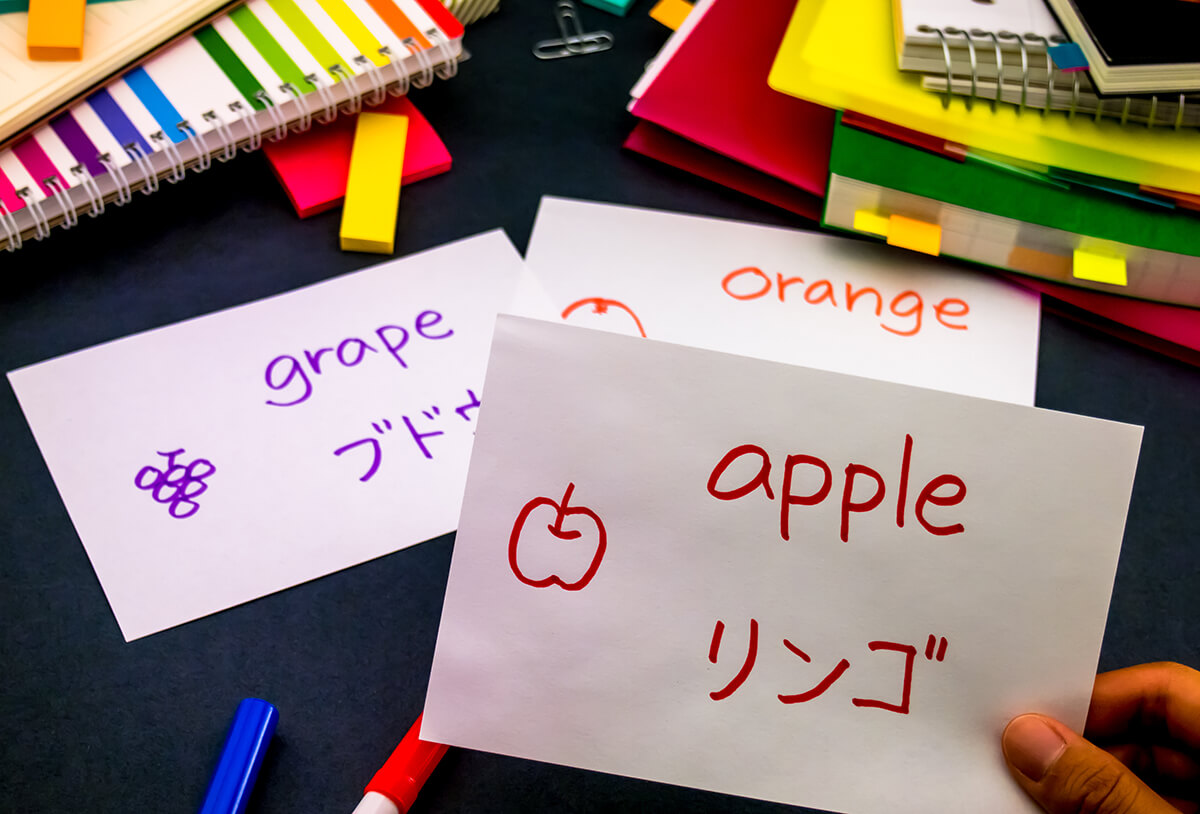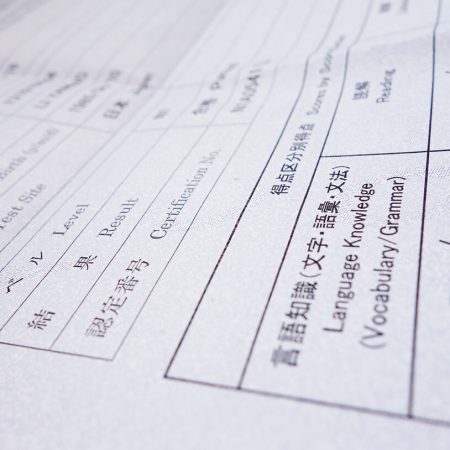There are many Japanese language schools– I don’t know what based on to choose.

Japanese is the 18th most spoken language in Asia and the 13th most spoken language in the world, with an approximate number of 128,000,000 million speakers. It is widely known worldwide for its uniqueness and rich history. Although it’s deemed as a complex language to foreigners, many have been interested in learning it.
There has been an influx in the number of international students studying in Japan to learn the language. This increase is a part of Japan’s active strategy to make the country more open to the world and to the flow of people, goods, money, and information from other parts of the world.
Table of contents
What to Consider When Choosing a Japanese Language School

There are about 400 registered Japanese language schools in the country. Each of these institutions differs in size, purpose, student mix and capacity, and teaching methods. Some of the schools solely offer to prepare international students for higher education in the country, others only provide short-term comprehensive courses, and some offer both. If you’re planning to enroll in one of these Japanese language schools, here are some things to consider when choosing one:
Your Purpose for Learning the Language

Before choosing a Japanese language school, you should first ask yourself your purpose of studying the language. Do you plan to study at a Japanese university after learning the language? Do you want to learn the language so that you can enjoy your stay in Japan better? Or do you wish to learn the language to be able to work in the country? You need to figure this out before hunting for a Japanese language school because some language schools employ rigid curriculums for the student to learn the language in the quickest possible time.
If you plan to study at a Japanese university later, it’s better that you select a language school that’s accredited by the local government. Only these schools are allowed to offer and give you student visas. If you have studied the language in your country of origin, some schools offer courses that will help you practice your fluency in the language. If you want to be familiar with the language for your visit, choose a school that offers short-term lessons. And if you’re going to learn the language to be able to work in Japan, select a school that provides comprehensive classes focusing on all aspects of the language. These schools will help you in passing the Japanese-Language Proficiency Test (JLPT) N1 or N2 examinations.
Length of Studying the Language

The careful consideration of your purpose in studying the Japanese language will determine how long you will have to study. If you plan to focus on all the aspects of the language including perfecting your speaking skills, you might want to choose a school that offers long-term courses. These courses may last from a year or more depending on what curriculum you choose. Some curriculum can consist of several lessons a day, which usually takes 3 to 4 hours, depending on the school that you selected. These types of schools will help in getting you into a higher education institution in the country.
If you just want to learn the basics of the Japanese language, you can opt to choose a school that offers short-term courses. These types of courses have a more specific focus, like daily conversations or business Japanese. These can be taken by any person who owns a tourist visa. These courses are more prevalent during summer and usually include some activities such as calligraphy, tea ceremonies, and many more. The schools organize these activities so that the students can immerse themselves in both the culture and language of Japan.
Location of the School

After determining the purpose and length of your study, you must now consider your location in choosing a language school. This decision lies on your own personal preference as Japanese language schools are scattered throughout the country. About 40% of language schools lie in Tokyo, Japan’s capital city.
Tokyo is a metropolis that offers malls, galleries, world-class museums, nightlife, and many more, but it does not have to be your only choice. If you’re planning to work after learning the Japanese language, it may be best that you study in Tokyo because the city has many opportunities to offer. Studying in the city also allows for learning Japanese while still being able to communicate using English as your primary language. It would be easier for you to communicate with Japanese English-speaking friends without the pressure of speaking the language fluently.
If you’re looking for a quieter and less busy place to study the language, you can choose from several schools in smaller cities like Fukuoka and Kyoto. You may have a more “fun” experience in Tokyo, but being in the countryside can make you practice your Japanese speaking skills more because fewer people who speak English. Whether you choose to study in Tokyo or in smaller cities, always remember to select the school that you’re most comfortable with.
Tuition Cost

One of the most important things to consider when choosing a Japanese language school is the tuition fee. Japanese language schools have 3 categories concerning tuition fees: big and expensive schools, small cheap schools, and small but costly schools. These schools vary in fees and class accommodation so you have to think it through before making a decision.
Big schools are generally the more expensive ones because of the significant overhead they have to support. These schools are mostly government-accredited, and their classes are composed of 20 students at most. If you are going to study Japanese in this type of school, you will have access to better resources for your learning, and a one-to-one learning method may be guaranteed.
Small cheap schools are the budget-friendly ones. They tend to skimp on some things by way of putting many students in the same class, hiring part-time teachers, providing photocopied materials instead of textbooks, all in an effort to reduce the cost of studying with them. For this reason, the quality of teaching is not guaranteed to be on par with big and expensive schools.
The small but costly schools can be your best option. They charge more than cheap schools, but you can get the best quality of learning, just like big expensive schools. If your budget can accommodate the fee, it is best to enroll in these types of schools.
Tuition fees also vary according to the time and length of the course that you will be taking. The average cost for a short-term course, which can range from 1 to 3 months consisting of 3 hours class every weekday, is between 900,000-120,000 JPY. Short-term courses are considerably more expensive than long-term ones, partly because most schools that offer this course are in Tokyo. On the other hand, tuition fees for long-term classes are less costly.
If you are an English-speaking international student with no prior knowledge of the language, you can study it for a year at the cost of 800,000 JPY, which can probably get you to about JLPT N2. Another option would be studying the language for a year at the cost of 1,100,000 JPY which can probably get you to about JLPT N1, the level required by many tier 1 Japanese universities. Lastly, you can opt to choose a 2-year course, which costs up to 1,400,000 JPY. You can already expect to achieve a JLPT N1 at the end of your classes when selecting this option.
Conclusion
Taking these things into consideration can help you narrow down your choices in selecting a school. As an international student, it is your responsibility to choose the right Japanese language school that will best match your needs and purpose. So, it is best to think it through and list down all the possible pros and cons of every option.
Learning the Japanese language is indeed a challenge, but with the right school, it can be a fun and worthwhile learning experience. Always remember that at the end of the day, you are the one who will be taking away from the school, so choose wisely.
Motto Japan, the community platform to support foreigners with the foundation for life in Japan, including Japanese study, job opportunities, and housing service. Motto Japan Media will provide a wide variety of information for Japanese fans all over the world, to create a cross-cultural environment and enrich the life of foreign residents in Japan!













Leave a Reply